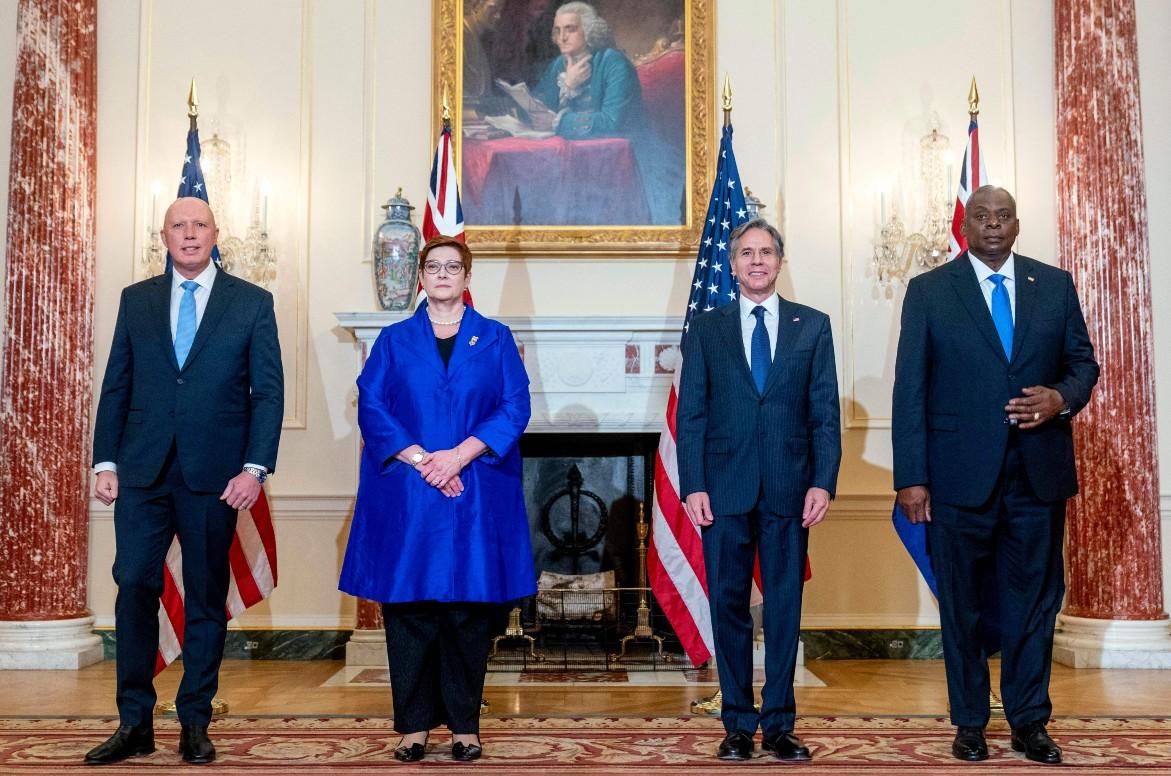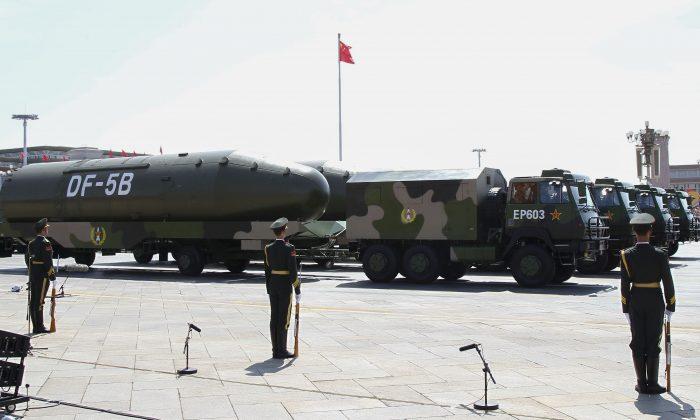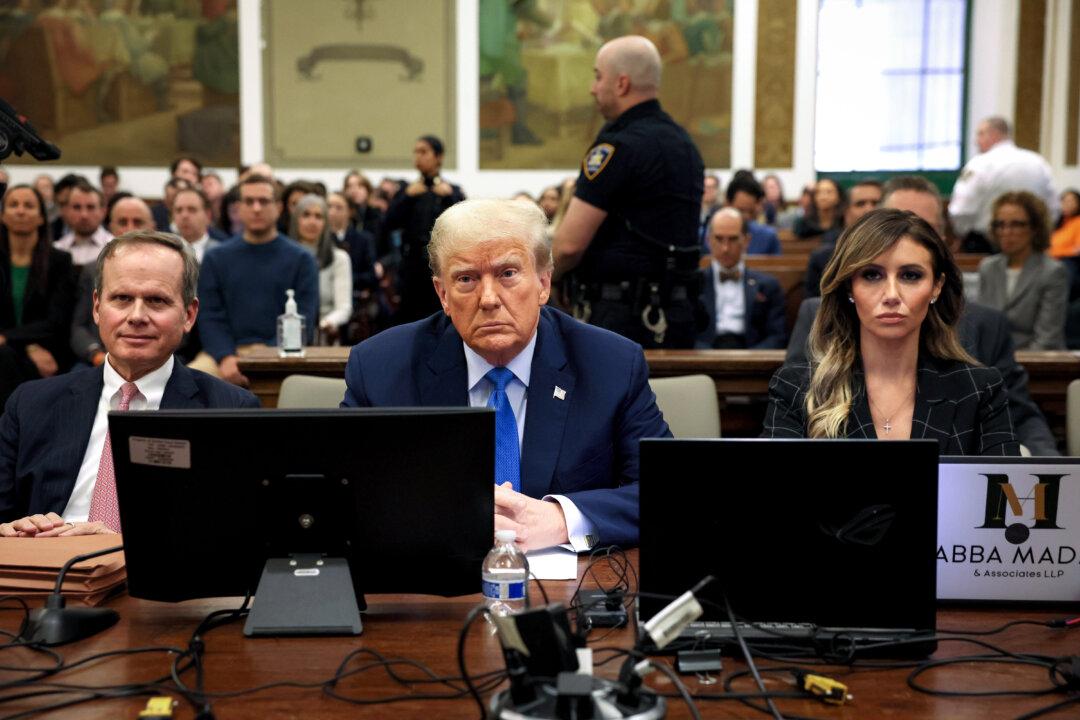If there were ever any doubts about how China will comport itself as a superpower, there are fewer today than there were yesterday. This week, in a televised interview with an apparent spokesman for the Chinese regime, the world learned that Australia will be considered a valid target of nuclear weapons if it acquires nuclear-powered submarines.
A Naked Nuclear Threat
On Sept. 20, Beijing-based Victor Gao, vice president of the Center for China and Globalization, told an Australian interviewer that, “ ... if the Australian government wants to ... go nuclear, with nuclear submarines, they will lose that privilege of not being targeted with nuclear warheads going forward. It’s as simple as that ... this is the most profound consequence.”Undoubtedly, Gao spoke with the approval of the Chinese Communist Party’s (CCP) top leadership, making their point by way of posing the following question to the Australian government and people: “Do you really want to be a target in a possible nuclear war? Or do you want to be free from the ‘nuclear menace’ going forward?”
That’s quite an ultimatum.
Why would Beijing convey such an unprecedented and naked threat of a potential nuclear attack against Australia, one of their key trading partners that poses no offensive military threat?
Timing Is Everything
The timing isn’t as poor as one might think.Geopolitically, Beijing’s strategy is intended to accomplish several objectives, and timing plays a significant role in this provocative new policy.
First and foremost, the CCP wants to minimize American power and influence in the region. That involves bullying Australia, and by extension New Zealand, in an attempt to isolate them from the U.S. and the UK alliance.

The thinking in Beijing is likely that American security guarantees are less certain today than they were in the past. The disastrous American withdrawal in Afghanistan and the defunding of Israel’s critical anti-missile defense Iron Dome system this week make the United States appear weak and unreliable.
A Test of Wills
Furthermore, China nuclear policy/threat may be intended to test the Australian government’s political will, and it’s likely designed to stir up public opinion against the nuclearization of the region. But so far, Australia hasn’t shown anything but resolve with regard to sticking with the AUKUS pact, and no anti-nuclear groundswell of public opinion has occurred ... yet.Regardless of any or all of these factors, Australia has a shared cultural and political heritage with the United States and the United Kingdom that is not likely to be breached. It is a founding member of the Commonwealth for over 70 years, an organization dedicated to democracy, human rights, and good governance. It has also been a part of “Five Eyes”—the intelligence-sharing relationship among the United States, the UK, Canada, Australia, and New Zealand—since 1956.
A New Confrontational Era Has Begun
But what Beijing’s ham-handed nuclear target pronouncement does do is send the entire regional security thinking and dialogue into a much riskier context. China is no longer behaving in a more or less patient manner, as it has done so in the past. There may be reasons for this such as a weak economy and the loss of soft power around the world. Whatever the cause, Beijing is acting in the way that nations do when they have aggression at the forefront of their policies and the military power to back it up.The world just became a lot more dangerous.






Friends Read Free